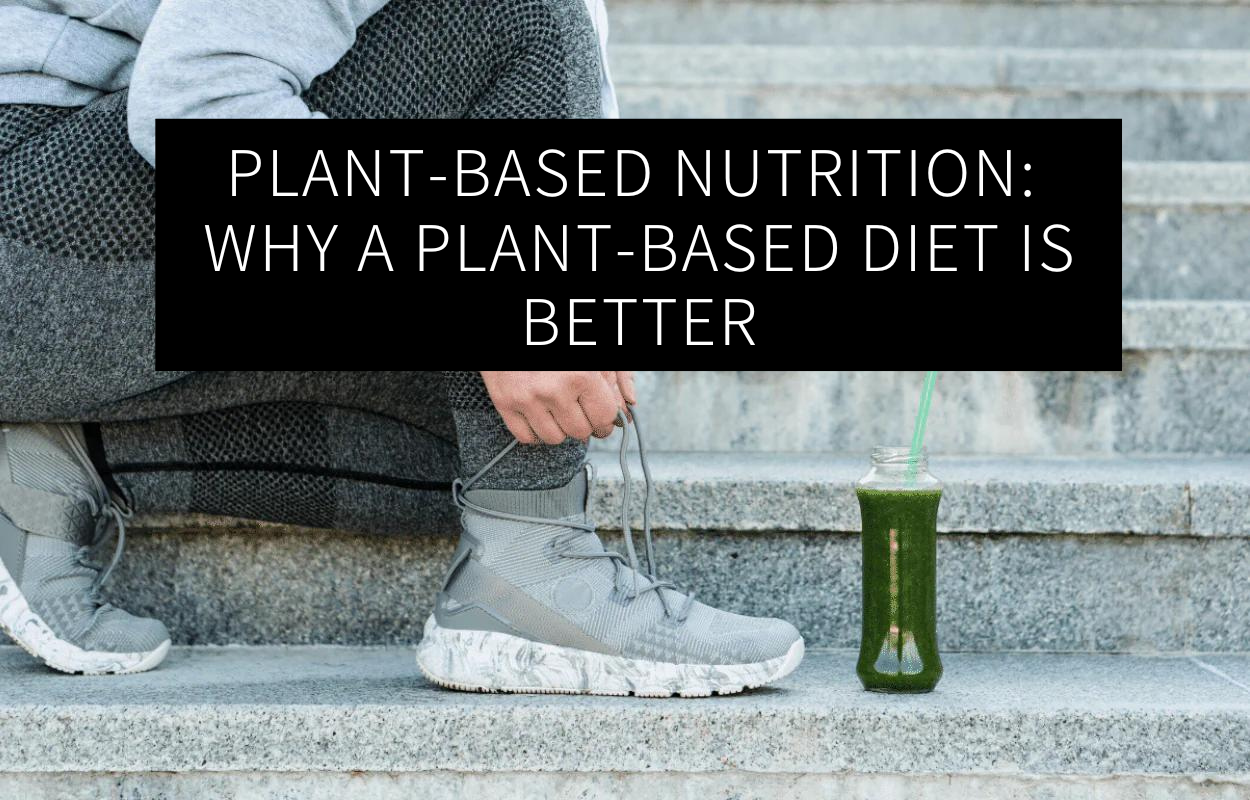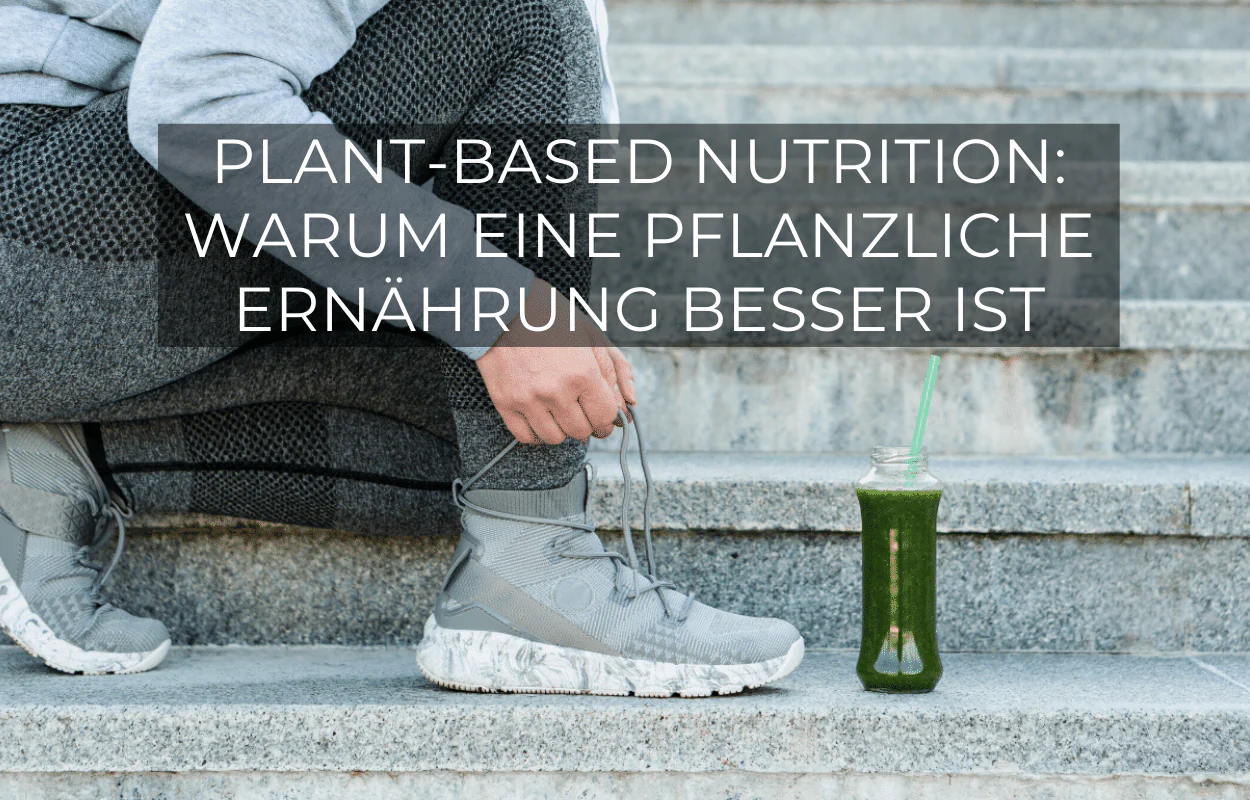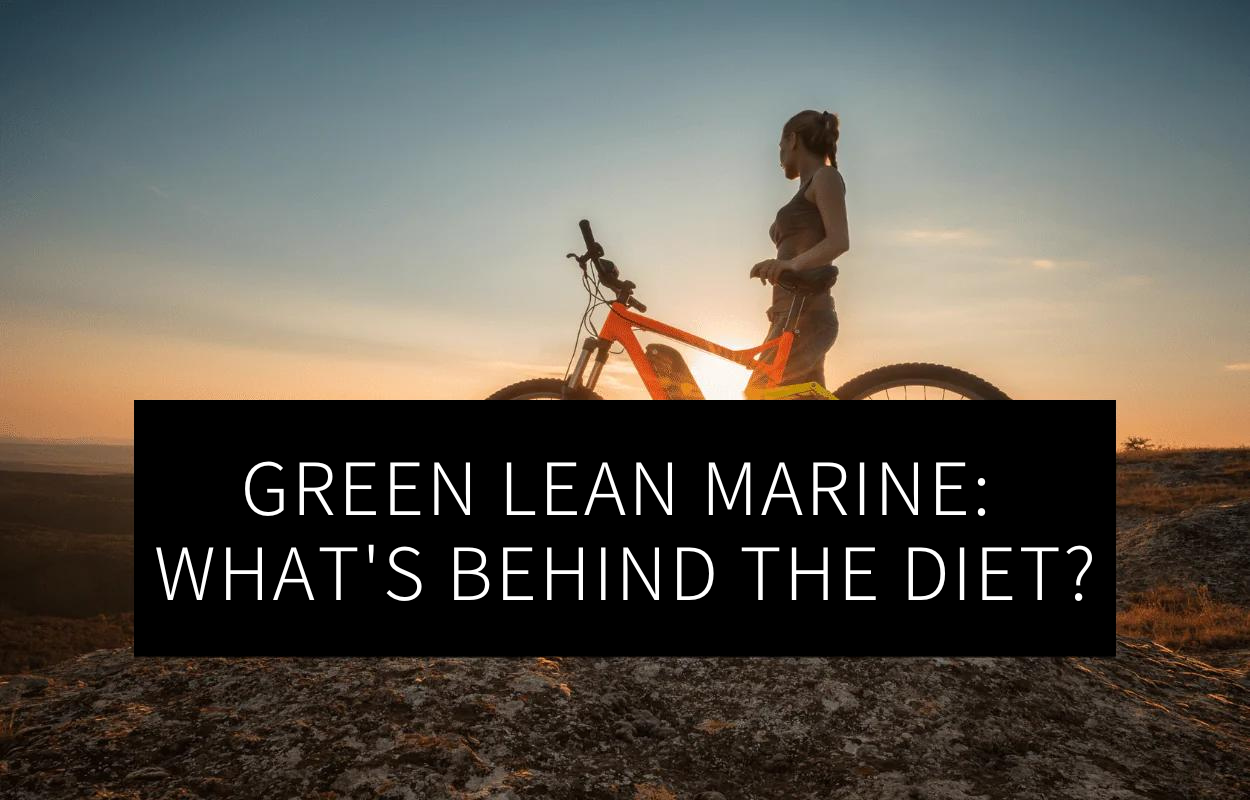There are now many people who feel the need to change their diet. Food means energy, which should be available around the clock during the day to avoid sudden fatigue. A plant-based diet is therefore trendy because it provides many healthy nutrients and is believed to contribute to disease prevention. The question is, what is a plant-based diet, and can it provide enough protein for athletes and busy individuals? In this article, we will not only answer these questions but also explore whether a plant-based diet is vegan.
1. What does „plant-based diet“ actually mean?
In most minds, plant-based and vegan diets mean the same thing, but there are opinions that see differences between the two. While a vegan diet consists exclusively of plant-based foods, a plant-based diet allows for a minimal amount of animal products, according to its definition. Animal products such as meat, fish, or dairy can be included. However, the portions should be very small for the diet to truly deserve the term „plant-based.“
However, the majority of opinions equate a plant-based diet with a vegan diet because the latter offers many advantages, as you will soon see.
2. What are the benefits of a plant-based diet?
If you have been following a vegan diet for a while, you are probably familiar with the benefits it brings. A plant-based diet not only has external effects but also internal ones. People who follow a vegan diet are often described as „beautiful, slim, and healthy,“ and there seems to be some truth to this myth.
The image of someone boredly munching on a carrot is long outdated. A plant-based diet offers a lot of variety because there is an incredible range of foods available to vegans. Of course, there is always an ethical factor involved in a vegan diet as it does not involve the cruelty or killing of animals for food.
A diet consisting exclusively of plant-based foods (and supplements) is considered healthy by many researchers. On the other hand, mixed diets are increasingly criticized as animal products can have negative effects on health. Meat, sausages, and dairy products, for example, are associated with cardiovascular diseases, diabetes, and high cholesterol. Plant-based foods, on the other hand, are believed to have the opposite effect.
Now let’s explore why a plant-based diet is healthier and what benefits it offers.

# First Benefit: Plant-based eating promotes weight loss
People who follow a plant-based diet generally weigh less than those who consume a mixed diet. This is because plant-based foods have significantly fewer calories than animal-based foods. Like any other diet, a vegan diet should be balanced and not one-sided. For example, if you eat a bag of nuts every day, it’s no surprise that a plant-based diet can lead to weight gain.
The key is to have vegetables as the foundation of your diet, followed by
- Fruits,
- Potatoes,
- Grains,
- Legumes,
- Nuts and seeds,
- Oils and fats.
Most of the foods mentioned here are rich in vitamins, minerals, trace elements, and fiber, which promote digestion and provide long-lasting satiety.
# Second Benefit: Greens make you smarter and more energized
Admittedly, a plant-based diet alone does not make you smarter and more energized, but it can contribute to better cognitive and physical performance. This is mainly because consuming more plant-based foods provides you with a greater intake of nutrients, which can in turn affect your performance.
That’s why many high-achievers and performers follow a purely plant-based diet and are more productive as a result. If you are concerned about getting enough protein on a plant-based diet, we can assure you that plant-based proteins are better absorbed by the body than animal proteins. While animal protein sources like meat, fish, and dairy products can be heavy on the stomach and contribute to conditions like gout and joint diseases due to the formation of purines, vegan protein sources are easily digestible.
- Algal Oil – Sustainable Vegan Source of DHA and EPA
- DHA and EPA for Mental Power and Concentration
- Grapefruit Seed Extract – All About Its Benefits
# Third Benefit: Improved digestion
A plant-based diet helps cleanse your intestines. This is due to the high fiber content found in plant-based foods. In addition to vegetables, seeds, and nuts, legumes are blessed with plenty of fiber, which not only keeps you satiated for a long time and stimulates fat metabolism but also serves as a perfect plant-based protein source.
# Fourth Benefit: Disease prevention
There is now a wealth of information about the vegan (plant-based) diet, such as its potential to contribute to disease prevention. Vegans have a significantly lower risk of cardiovascular diseases, joint diseases, obesity, diabetes, and cancer.

3. Plant-based Nutrition: Why many performers and athletes choose veganism
Veganism has also made its way into professional sports. Many athletes, including Lewis Hamilton, Carl Lewis, Serena and Venus Williams, have adopted a vegan lifestyle. Did you know that the world’s strongest man is a vegan? His name is Patrik Baboumian, and he officially refers to himself as a „plant eater.“ He has long debunked the stereotype of the weak vegan athlete.
While most foods contain little fat, this is a great advantage for athletes. Carbohydrates obtained from whole grains, potatoes, and sweet potatoes provide abundant energy for peak athletic performance. But what about protein? After all, muscles and strength are often associated with meat, fish, dairy products, and eggs. How can a vegan get enough protein?
Protein is indeed a central topic when it comes to vegan nutrition, especially if you want to build muscles. The protein requirement for muscle building is estimated to be around 1.5 to 2 grams per kilogram of body weight. However, a vegan protein source is not inferior to an animal-based one. The secret lies in combining plant-based proteins to ensure an adequate intake of protein and amino acids. Not every plant-based protein source provides a complete amino acid profile, but it can be complemented by combining grains, legumes, and nuts.
Important components of a plant-based diet can also include
- Tofu,
- Seitan,
- Tempeh, and
- Nut butter
Unlike animal proteins, plant-based proteins consist of monounsaturated and polyunsaturated fatty acids, which have a positive impact on health.
4. Obtaining Plant-based Protein from Protein Powder?
For busy individuals, athletes, and working professionals, relying solely on plant-based proteins from whole foods can be challenging, especially if they have limited time in the kitchen. Plant-based proteins derived from rice, peas, soy, and hemp, for example, can be a good source of vegan protein and are just as effective as whey protein due to their high protein content.

Did you know that rice protein contains 18 amino acids, including eight essential amino acids? Missing amino acids can be supplemented by combining multiple plant-based proteins. Together, they can not only contribute to better muscle building but also aid in recovery. Plant-based proteins are low in carbohydrates, extremely low in fat, and packed with essential nutrients such as B vitamins, vitamin E, copper, selenium, magnesium, iron, and potassium.
5. Conclusion: Plant-based diet for better performance
As you can see, a vegan diet is much better than its reputation. It provides everything your body needs on a daily basis and can contribute to better cognitive and physical performance due to the abundance of nutrients it offers. When combined with plant-based supplements such as rice, pea, and hemp protein, performers can easily meet their protein needs and contribute to muscle building and recovery.




